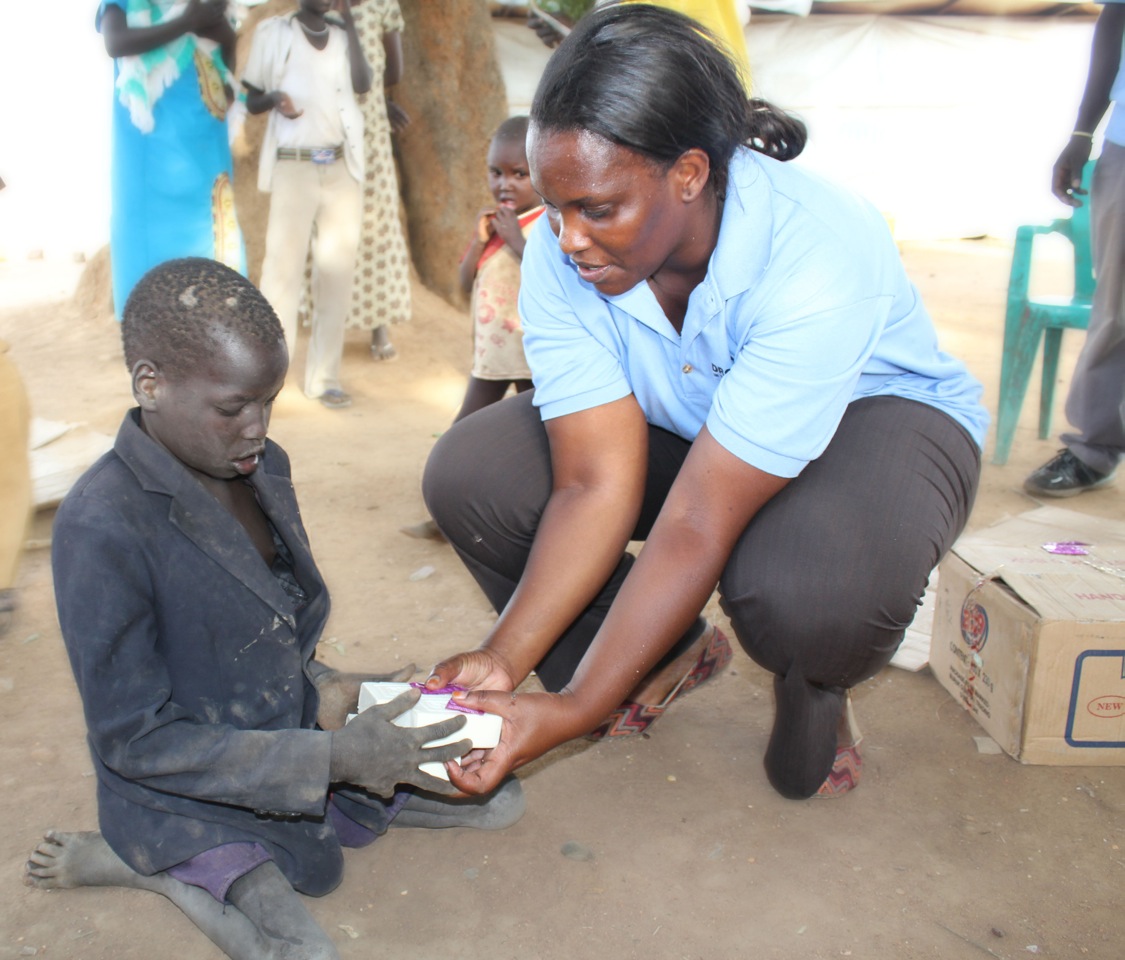SOME TIPS FOR EFFECTIVE HAND WASHING
While we are in no way experts in viruses, we do have some experience in hand washing, having taught hygiene and sanitation at schools in Africa for more than a decade.
The virus can’t be killed, just eroded. The way it works is, the virus is just a protein – it’s not a living organism, it is a protein with a protective layer of fat surrounding it. This means it cannot be killed, it must decay to become harmless. Soap cuts the layer of fat and the exposed protein starts breaking down.
But it takes time. The longer you wash your hands, the more the fat breaks down. The foam that you produce by rubbing your hands together is excellent for cutting fat, so the more foam, the better. (30 seconds is a good amount of time for the soap to do its job)
Use warm water. Heat melts fat, so warm water is better than cold water, but if you don’t have warm water, cold water still works.
Isopropyl Alcohol also works. Isopropyl alcohol (often sold as rubbing alcohol) also dissolves fat, but it has to be over 65% alcohol. Vodka or gin or most alcohol sold as a consumable product will not work as they are generally around 40% alcohol.
Antibacterial products are not better than soap. Friends of mine in the US have been asking me about if they should be using an anti-bacterial soap or which type of soap is the best to use in this situation and the answer is the best type of soap is the one you have. The corona virus is actually a protein molecule. It is not a bacteria, so anti-bacterial soaps are not actually better in this case. The soap can be scented or unscented, it can be a bar or a liquid, it can be a well-known brand, handmade or a generic brand All of them will work in the same way and most importantly, all of them will work.
What about hand sanitizer? Hand sanitizers need to contain at least 65% alcohol and they cannot be alcohol-free, as many are. If they list benzalkonium chloride as the active ingredient or the label contains the words “alcohol-free formula, these will not remove the protective fat around the virus protein, so they don’t actually help.
Keep surfaces clean at home too. Lysol works, so does bleach. Bleach is more practical but must be diluted 1-part bleach to 5-parts water. Caution must be practiced when using bleach as it can be harmful to certain surfaces including your skin.
In terms of what works best, the answer is still soap and water, though covering your mouth/nose in public, and not touching your face are also important. If you are in an indoor public area (like a supermarket) a mask is advised. We hope this helps and we hope you stay safe and healthy during this global pandemic.

